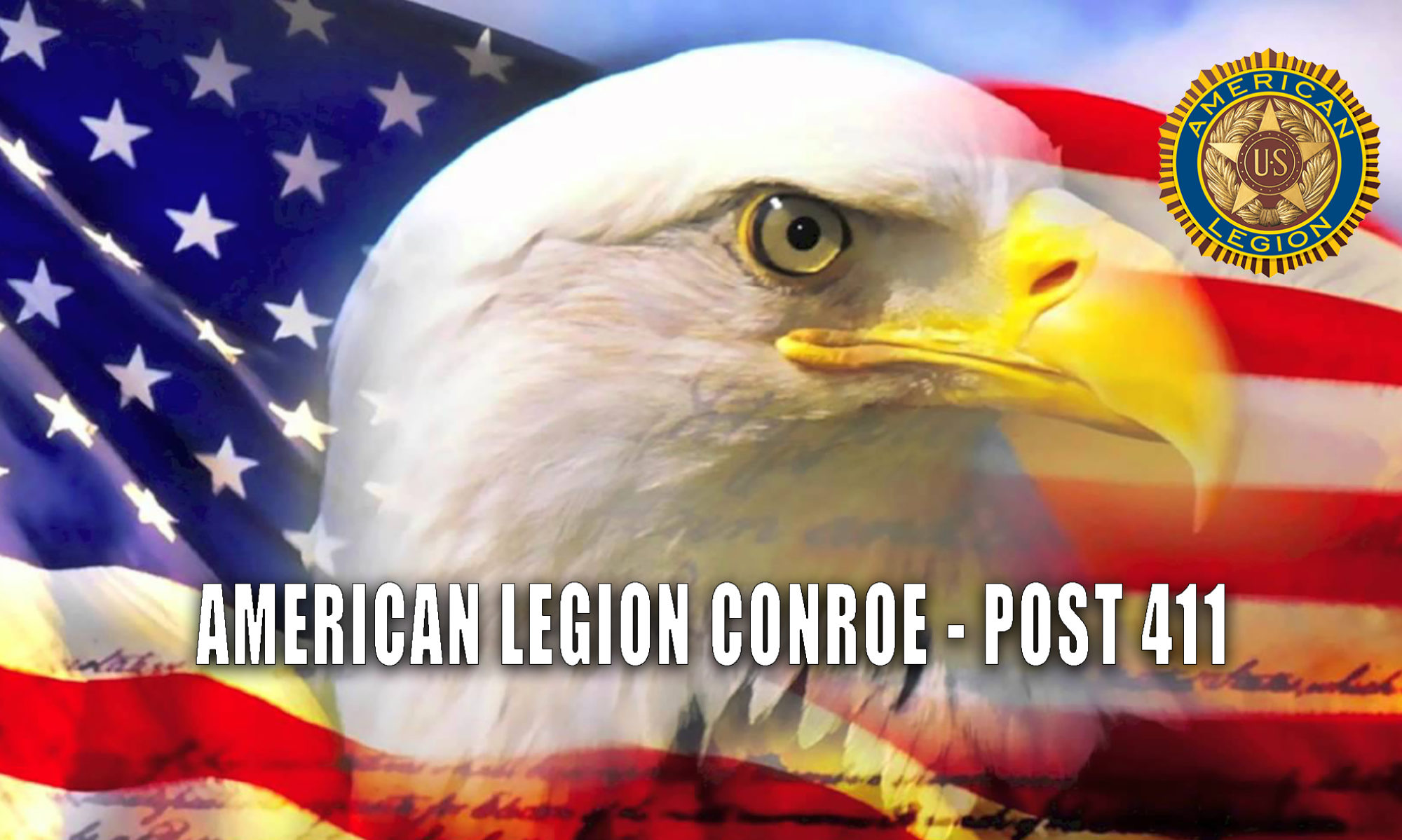
Standing committees
The number, function, and size of the committees within a post can only be determined by the number of active members within a post. This also determines the effectiveness of those committees to serve the community, veterans, and active duty members.
Below are listed some committees commonly found in most American Legion posts. The post constitution and/or department constitution may require additional committees or have other names for some committees, so the committees listed are not mandatory or all-encompassing for every post.
New programs are often needed, while old programs should be changed, revitalized or, in some cases, eliminated. Officers should review the post’s long-standing programs and activities for relevance to members and the local community. Determine which committees are necessary. Make a list of potential committee heads and members. Each committee chair needs to know how the work of the committee fits into the overall program of the post, what is expected and when.
Here’s the list of commonly found post committees and their typical duties:
Americanism Seeks to inspire love of country and good citizenship through patriotic observances, flag etiquette, civic instruction in schools, the Americanization of immigrants, community service, and youth activities such as Boys State, Boy Scouts, Oratorical Contest, School Award Medals and American Legion Baseball.
Children & Youth Ensures children of veterans in need of care and protection receive proper and timely services and aid, extends connections to verified organizations and facilities providing services for children and youth, and maintains programs that meet the needs of youth in the local community.
Veterans Affairs & Rehabilitation Assists veterans in pursuing claims, understanding their rights and obtaining their benefits. Committee members also visit veterans who are sick, disabled or residing in assisted living facilities, and provide comfort to members’ families in illness and bereavement.
National Security Engages in community emergency preparedness, promotes public safety, and supports local and national civilian defense projects.
Membership & Post Activities Recruits, retains and engages members to give the post the volunteers to create success for The American Legion in the local community.
Public Relations Elevates awareness in the veterans community and the community of American Legion advocacy of veterans issues, national security, Americanism and youth. The American Legion is defined in the public eye by the values it demonstrates. The committee accomplishes this in two ways: placing radio and TV advertisements and public service announcements produced by National Headquarters where they can be seen and heard, and developing relationships with editors and journalists in the post’s community so they cover programs supporting the Legion’s four pillars. For example, the High School Oratorical Contest is the reporter’s news peg, but the Legion’s support for a “one hundred percent Americanism” is the story. Why and how the Legion is “still serving America” is the question the post’s public relations committee should answer in the media. Public relations is a membership multiplier.
Legislative Promotes The American Legion’s official legislative mandates, disseminates legislative updates, organizes and promotes proactive grassroots lobbying activities, and liaisons with elected officials and their staffs. All activities must be in compliance with Section 2, Article IIof the Constitution of The American Legion, which forbids the dissemination of partisan principles and the promotion of the candidacy of any person seeking public office. However, voter education is a critical element of the electoral process, and posts are permitted to host town hall meetings, put on “meet the candidate” nights and allow candidates to address post meetings, district conferences or state conventions. Candidates may participate as long as invitations are extended to all candidates, affording them equal opportunity to participate. The American Legion cannot endorse or oppose any candidate, even if the candidate is a Legionnaire and post member. A post home should be free of any political materials that would appear to be an endorsement of a particular candidate. Every effort must be made to remain nonpartisan. Note: If in doubt, contact the department for clarification before proceeding.
Finance Supervises the receiving, disbursement and accounting of all post funds, prepares annual budget recommendations, and advises the post on all financial policies.
Economic Assists veterans in meeting and overcoming problems such as employment, veterans preference, housing, civil service appeals, and employment of handicapped and older workers.
House Supervises the operation of the post’s physical facilities, such as a clubroom, American Legion center, meeting room, etc. Responsibilities include administration, equipment, and the hiring and direction of employees (as authorized by the post executive committee), and general rules applicable to the conduct of members while on the post’s premises.
Service Key to every successful post, assisting returning veterans in their transition to civilian life. Other concerns include employment, on-the-job training, and educating veterans on their rights and benefits. The committee should maintain contact with members of the armed forces from the post’s community.
